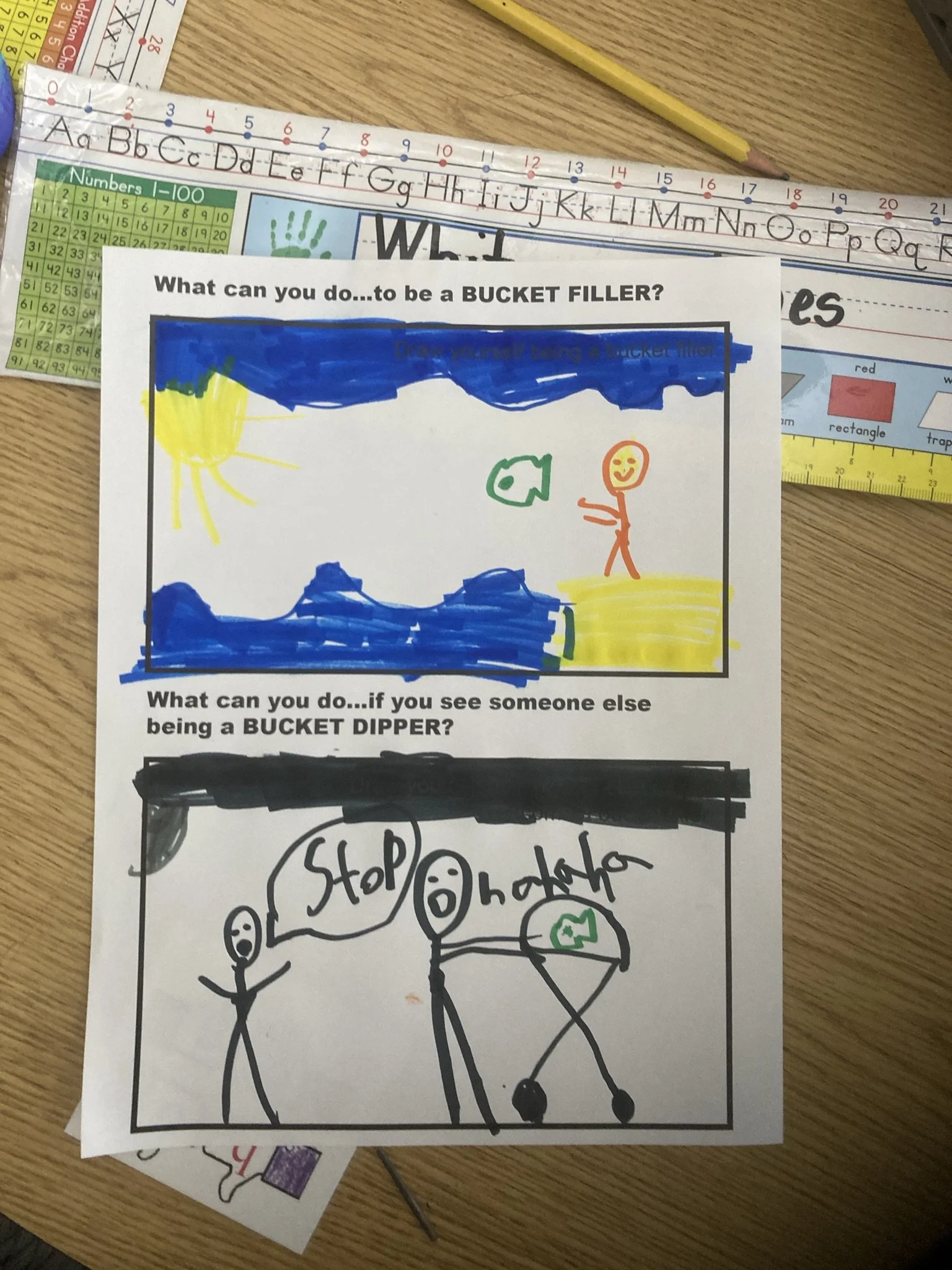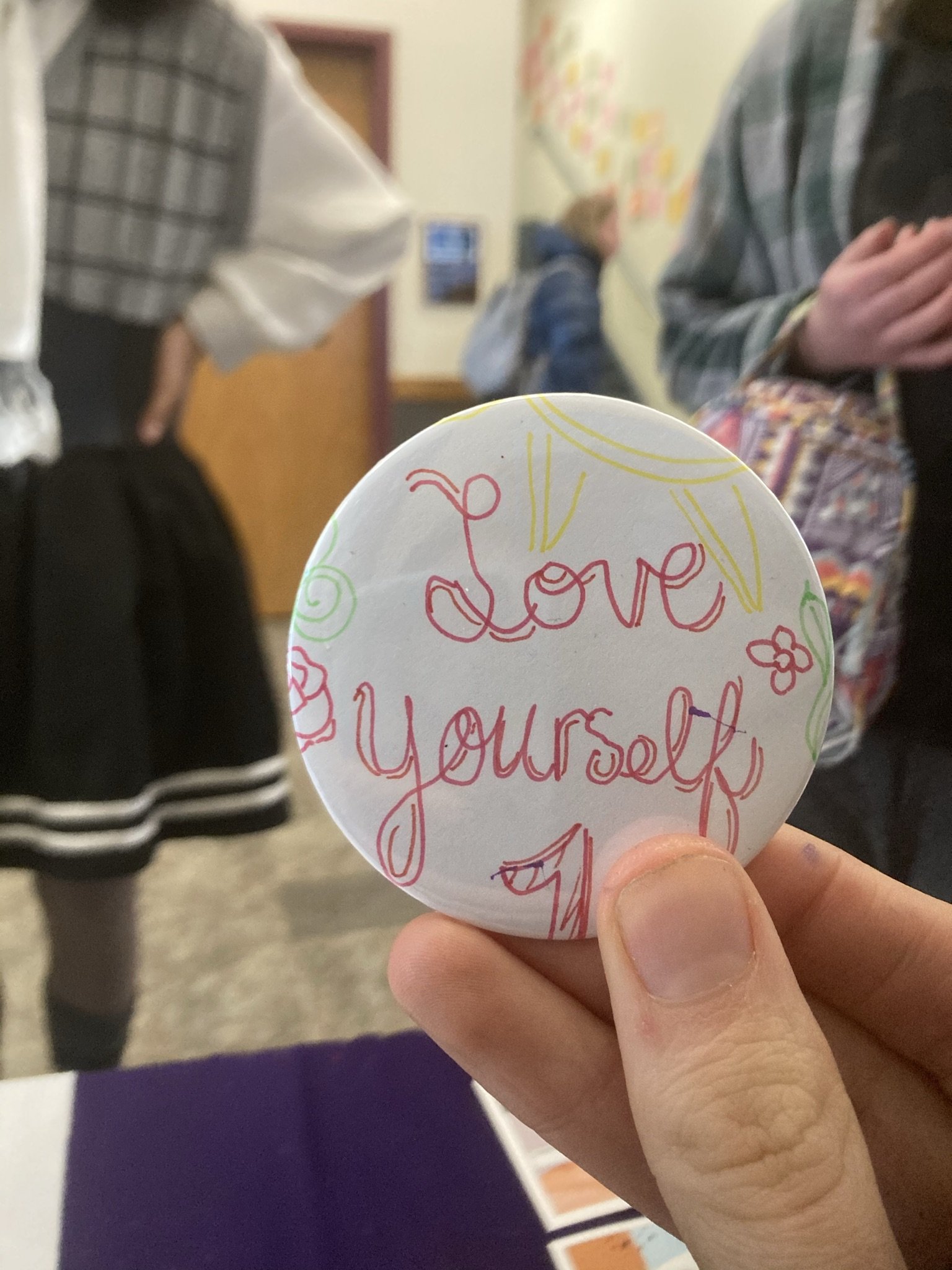Education
Prevention Education
Our goal is to prevent youth interpersonal and sexual violence by teaching children a wide range of important social-emotional skills using an evidence-based curriculum. Topics include healthy communication, healthy relationships, emotion regulation, bullying, identity and diversity, and tolerance. We are passionate about continuing to grow the program and strengthen our relationships with the schools we serve. Together through our joint efforts, we can support the next generation in nonviolence.
Youth Program Structure
Monthly Lessons: K-12 in the Telluride School District to bring social-emotional skill building lessons, using the Why Try Youth Resilience curriculum.
Workshops: Various topics relating to healthy relationships, consent, and boundaries.
Lunch Groups: Monthly at the Telluride Middle School to build closer relationships with students in small groups and offer individualized support as needed.
Peer Advocacy Club
In 2019, a group of Telluride High School students approached SMRC staff with concerns about the prevalence of sexual violence amongst their peers, and frustrations about the lack of accountability for perpetrators. SMRC staff then created a club focused on supporting survivors and promoting a culture of consent at the school. The youth-led club is now a collaboration between SMRC and THS and trains students in victim advocacy skills to support their peer survivors.
To learn more about our Prevention Education program, please email education@smrcco.org.
Outreach
Cultural Outreach
We provide culturally sensitive advocacy and education to survivors of domestic violence and sexual violence from all backgrounds. Translation services, legal advocacy, connection with native speakers and numerous other resources are available. Our bilingual advocate is available to provide support for the Spanish-speaking community.
Rural Outreach
A commonly cited concern from survivors in accessing services and making reports is how small our communities are, especially our rural communities of Norwood and the West End of Montrose County. Social stigma and potential retaliation from reporting abuse are real, thus reducing the likelihood that survivors will seek support. Our free and confidential services work toward building community awareness, while reducing the stigma of asking for help.





